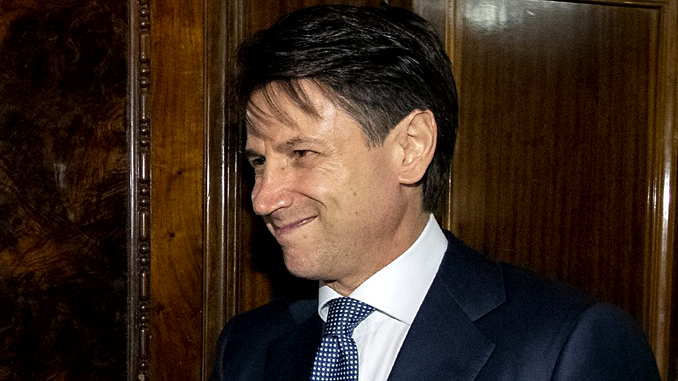
Italy has decided to host China’s Xi Jinping on March 22 through 24. The topic of conversation is China’s “Belt and Road” infrastructure project, and according to the South China Morning Post, the Italian Prime Minister is interested in signing on.
“With all the necessary precautions, Italy’s accession to a new silk route represents an opportunity for our country,” Conte told a foreign policy seminar in the northern city of Genoa.
“It won’t mean that the next day we will be forced to do anything. It will allow us to enter into this project and have a dialogue.”
South China Morning Post
The United States has responded with suggestions that Italy should not do so. A security advisor to the President posted to Twitter, calling the Belt and Road initiative, also known as One Belt, One Road and The New Silk Road, a “vanity project”.
The concern, however, is that the initiative, which has been a focus of Xi’s foreign policy for years, is anything but a vanity project. Rather, it is an effort to build an infrastructure for protected and speedy transport of goods from China throughout the world. To this end, Xi has, through pressure and promises, collected treaties from dozens of countries and has already begun construction in many, including the China-Pakistan Economic Corridor.
Most of the American focus on Chinese trade has been on the trade between the two countries. This has been a topic prominently addressed by the current administration, which has been attempting to negotiate a new deal with China for months. Tariffs levied by the two countries against each other have been heavy, and have likely contributed to the significant slowing of economic growth that China has seen in recent quarters.
What has been downplayed, however, is the effort that China has been exerting to promote the trade infrastructure for their Belt and Road project. China has been aided in their efforts by President Trump’s tariffs. Consistently, after Trump has increased tariffs on foreign countries who might be useful to the Belt and Road, Xi Jinping has approached those countries to offer new treaties.
China offers foreign investment in infrastructure to the nations and the image of a dependable trade partner. To date, more than sixty countries have signed on or have shown interest in doing so, according to the Council on Foreign Relations.
The greatest difficulty experienced by China has been their insistence on utter control over the project. The lands to be used are specified by China and often come with mineral rights through ore-rich areas. Only Chinese companies are to be used in the construction efforts. Chinese oversight is, in most cases, virtually exclusive.
Despite the draconian expectations, the pathway needed for the BRI (Belt and Road Initiative) will be virtually complete if Italy signs on. A functioning BRI is designed to render Chinese goods preferable to American goods throughout much of the world, with cheaper delivery prices and fast delivery speeds. It would also put a physical Chinese presence in dozens of countries throughout the world, further establishing them as a dominant world superpower.

1 Trackback / Pingback
Comments are closed.